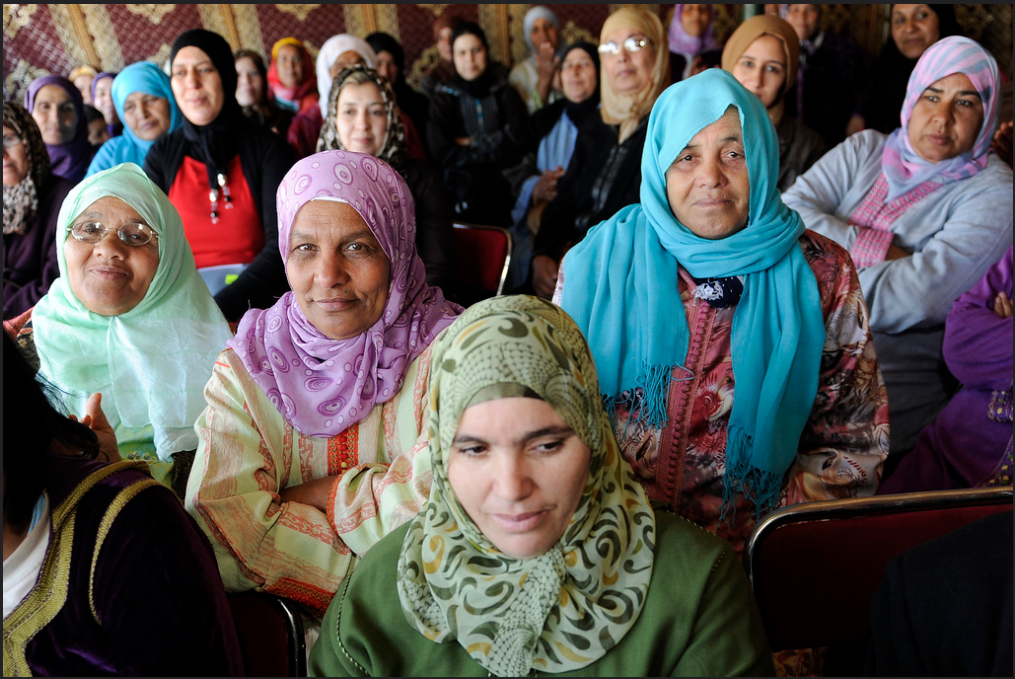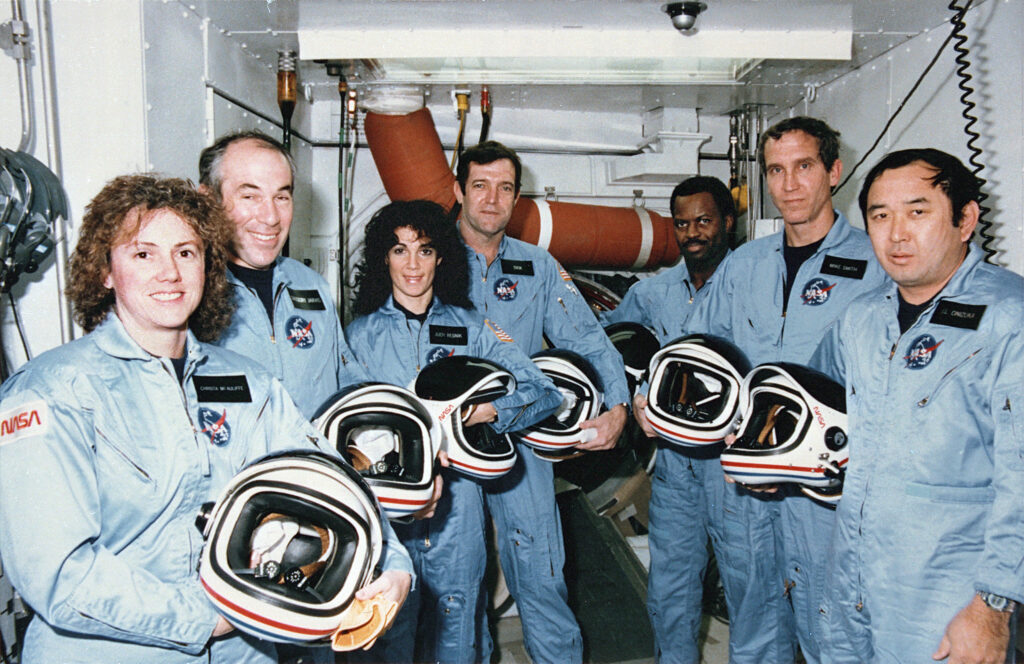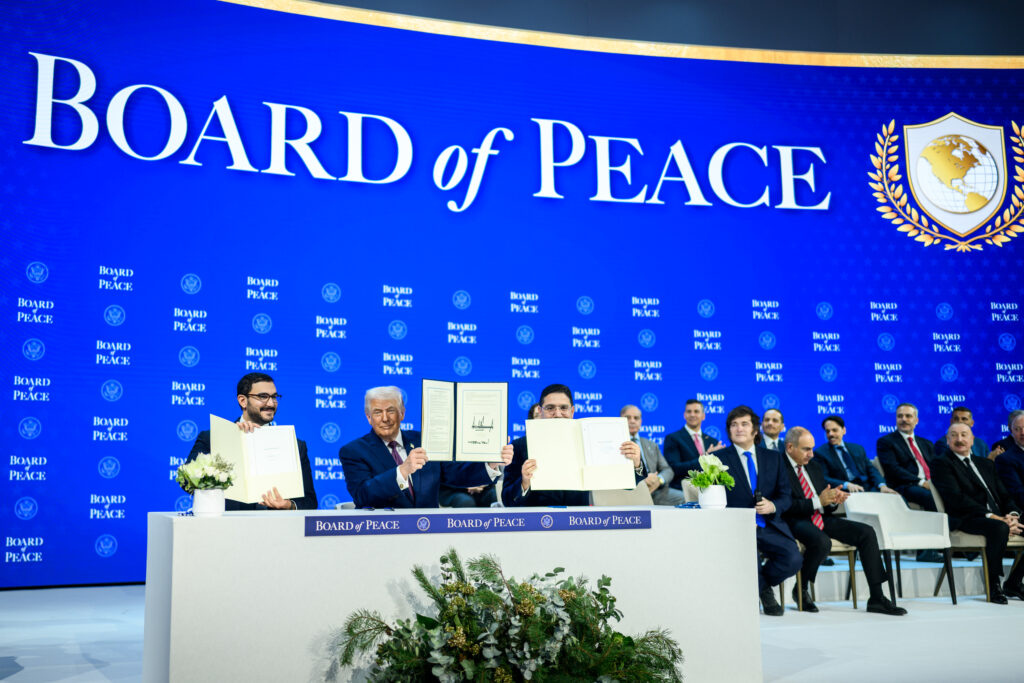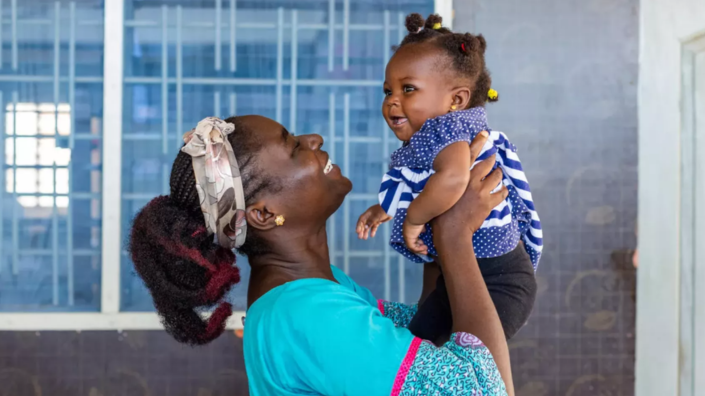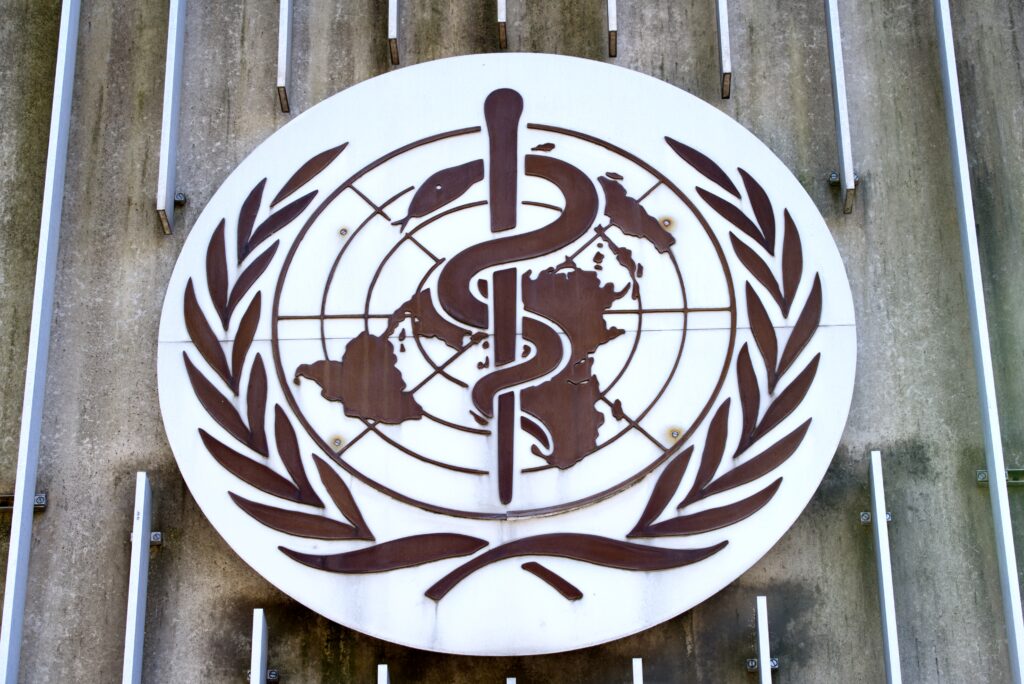By Kelli Meyer
The United Nations system is comprised of the UN, which is headquartered in New York, and more than 30 affiliated organizations—known as programs, funds, and specialized agencies—with their own membership, leadership, and budget processes.
In our “Meet the (UN) Family” series, we’re taking a look at the UN entities that might not always make the headlines but play an integral part of the UN’s mission to promote global peace and prosperity.
First up: UN Women.
As the UN entity dedicated to gender equality and female empowerment, UN Women has an important and timely mandate: to accelerate progress on meeting the needs of women and girls worldwide.
From a local to a global level, UN Women focuses on turning ideas into action on issues that are fundamental to women’s equality and have the potential to unlock progress across the board. The agency helps both individuals and societies overcome the obstacles often standing in the way for women and girls.
While it would be impossible to feature all aspects of the organization’s work, we picked a few key areas of impact.
Engaging Women in All Aspects of Peace and Security Processes
Evidence proves that women’s participation is vital to achieving and sustaining peace, but women continue to be excluded from key peacebuilding processes.
UN Women is working to change this by establishing Women’s Situation Rooms, which monitor and prevent election-related violence in several countries. After the 2016 elections in Uganda, the Women’s Situation Room was used to successfully facilitate women-led mediation between opposing political parties.
UN Women has also worked to champion women’s participation in peace negotiations in countries around the globe. At a historic moment for change In Colombia, UN Women provided technical support to help women mobilize in support of having their voices heard at the peace talks.
Ensuring Women Are Equal Partners in Humanitarian Situations
Women and girls are not helpless victims; however, they do have different needs when a crisis or emergency strikes. UN Women prioritizes this fact by working with member states to implement policies and commitments to gender equality and women’s empowerment in humanitarian settings.
For example, during the height of the Ebola outbreak in West Africa, UN Women supported sensitization and advocacy efforts to increase understanding of the gender dimensions of the outbreak and its importance in helping to mitigate the impacts of existing cases and curb the spread of the disease.
UN Women has also worked to establish Women and Girls Oasis Centers for Syrian refugees at the Za’atari and Azraq refugee camps in Jordan, where women and girls may be more vulnerable to danger. The Oasis Centers provide protection and gender-based violence assistance including psychological support, education and recreational activities.
Enhancing Women’s Economic Empowerment
Investing in women’s economic empowerment creates a path toward gender equality, yet women remain disproportionately affected by poverty, discrimination, and exploitation. UN Women is working to level the playing field.
For example, in Morocco, UN Women has helped rural, women farmers secure better wages by providing support and guidance allowing them to adapt to the changing climate by incorporating crops that require little water and yield higher profits than traditional crops.
And in Nepal, the organization’s work with migrant women workers has helped yield significant results, such as the creation of a network of returning migrant women workers, legislation that has cemented rights, and regulations that provide protection for the country’s 2.7 million migrant workers.
Every day, UN Women is on the frontlines working toward a single, but simple goal: gender equality.
To learn more about UN Women, click here.
Photo Credit: UN Women/Karim Selmaoui
